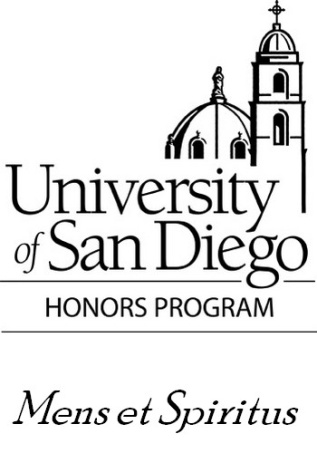Date of Award
12-2024
Document Type
Undergraduate Honors Thesis
Degree Name
Bachelor of Arts in Liberal Studies
Advisor
Dr. Sara Hasselbach
Advisor
Dr. Jonathan Bowman
Abstract
Education plays a critical role in the academic and personal development of children. Harry Potter spends seven years as a Hogwarts student; while he navigates school, he fights against a growing evil force that threatens day-to-day life. This paper applies different educational theories to each year to examine how Harry adapts to the ever-changing conditions at school to be successful. In the first year, the application of attachment styles theory introduces Harry to a suppressed part of his identity. In the second year, applying intrinsic motivation theory reveals the cultivation of curiosity. In the third year, the locus of control theory reveals Harry’s advocacy for his own beliefs. In the fourth year, psychosocial development theory reveals the interpersonal complexities of adolescence. In the fifth year, the application of moral development theory explores his transition into an educational leader. The last two years are about translating his accumulated skills and knowledge to fight the dangers outside the classroom. Applying educational theories not only provides a different perspective to view the well-known Harry Potter series but also challenges educators to think about how they can improve their practices in shaping successful students.
Digital USD Citation
Cepe, Rachel, "Harry Potter and the Pedagogy of Hogwarts" (2024). Undergraduate Honors Theses. 131.
https://digital.sandiego.edu/honors_theses/131
Copyright
Copyright held by the author
Included in
Curriculum and Instruction Commons, Early Childhood Education Commons, Educational Leadership Commons, Educational Methods Commons, Educational Psychology Commons, Elementary Education Commons


